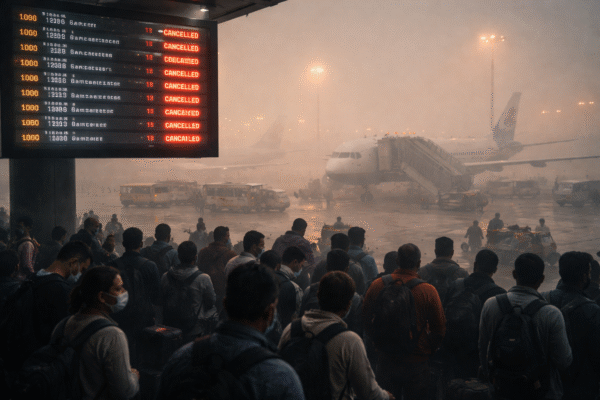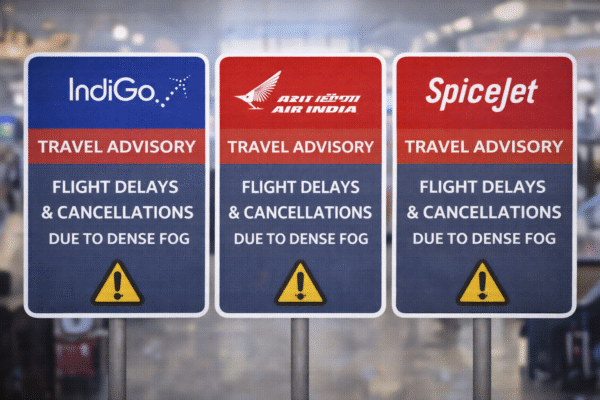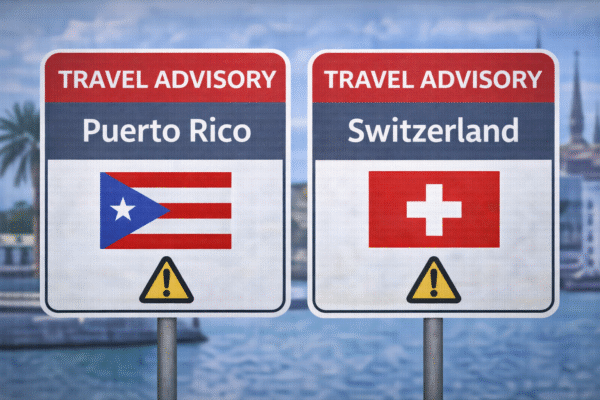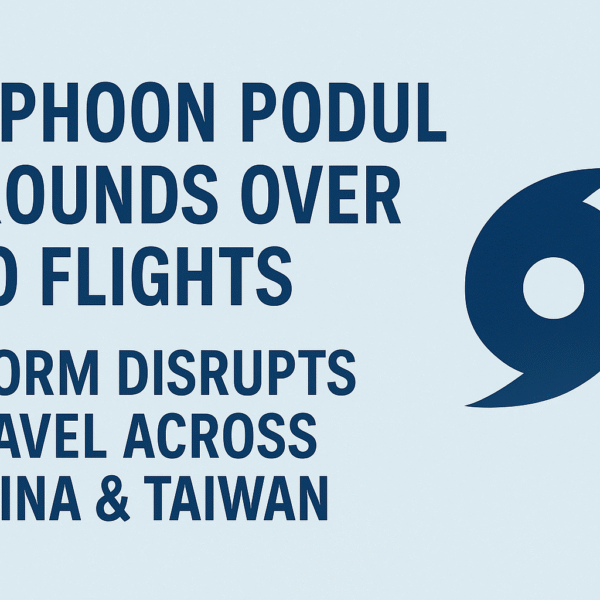Typhoon Podul has severely disrupted travel across China and Taiwan, with major airlines—China Eastern, China Southern, and Air China—cancelling more than 130 flights and delaying hundreds more. The powerful storm made landfall, triggering evacuations, school closures, and widespread infrastructure impacts in both regions.
Airline Operations Disrupted
Passengers experienced significant delays as airlines scrambled to manage flight disruptions:
| Airline | Cancellations | Delays |
|---|---|---|
| China Southern | 58 | 75 |
| Air China | 39 | 296 |
| China Eastern | 34 | 503 |
| Total | 131+ | 874+ |
The disruptions spanned multiple key airports—including Taoyuan, Kaohsiung, Guangzhou, Beijing, and Chengdu—and caused a ripple effect across regional and international routes.
Typhoon Podul’s Path and Impact
- Landfall & Strength: Skirting over Taitung in southeastern Taiwan, Podul unleashed winds up to 191 kph (118 mph) and torrential rainfall. The storm moved westward across southern Taiwan into the Taiwan Strait before striking Fujian Province in China.
- Evacuations & Closures: Authorities evacuated over 5,500 residents from storm-prone coastal areas and implemented broad shutdowns of schools and workplaces in Kaohsiung, Tainan, and other southern cities.
- Evacuation & Damage: Heavy flooding and rain in Taiwan caused 4 reported deaths, flooding, and landslides, with 250–300 mm rainfall expected in mountainous areas.
- Impact in China: In Fujian and Guangdong, storm surges and rain prompted evacuation of 15,000 coastal residents, and major transportation disruption.
Passenger & Tourism Fallout
- Stranded Travelers: Thousands of passengers across Taiwan and China’s domestic hubs were left stranded due to mass cancellations and tight rebooking windows.
- Rippling Effects: Tourism in southern China and eastern Taiwan took an immediate hit, with cancellations affecting hotels, tours, and local vendors awaiting tourists.
Recovery Efforts Underway
- Airline Response: Affected carriers are coordinating rebookings and issuing compensation, though capacity remains limited amid the backlog.
- Government Support: In Taiwan and China, authorities are ensuring restoration of power, transport, and public services, while weather warnings remain in place due to ongoing threats of floods and mudslides.
Despite the devastation, officials report Taiwan suffered no catastrophic infrastructure damage. In China, emergency services are evaluating long-term recovery needs.
Conclusion
Typhoon Podul has dealt a major blow to aviation and tourism sectors in China and Taiwan, with more than 130 flights canceled, thousands evacuated, and widespread disruptions to travel plans. While recovery is underway, full restoration of services is likely to take days. Travelers should stay informed, prepare for delays, and seek alternative arrangements as airports and carrier systems adjust.
For more travel news like this, keep reading Global Travel Wire
















